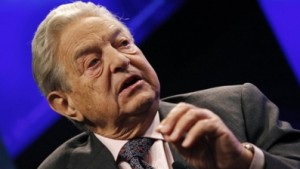
JOURNAL: Oil >$100 Crunch time ahead (again)?
The last time the price of oil topped $100 a barrel for an extended period, we ended up in a global financial meltdown. Is this time any different?
Not much.
All of the excessively financial leverage and fraudelent derivative wealth we had during the last melt down is still in place. Total debt to GDP levels in the US are about the same (370% of GDP or so). No reforms were made on Wall Street. Nobody at fault for the fraud that led to the last melt down went to jail, so behaviors haven't changed.
We're worse off than before. Read rest of article…
This is classic Tainter (the excellent anthropoligist/historian). He posited that complex societies only collapse when the costs of basic inputs increase at the same time the returns on investments in complex institutions/etc. turn negative. So, with oil going up again, we are seeing basic input costs rise. It's also clear that our twin overheads Government and Global Finance are well past the point they delivered positive returns for additional complexity. Worse, they are colluding, via cronyism, to prevent any meaningful changes.
Review: The Collapse of Complex Societies
- Complexity & Catastrophe (103)
- Complexity & Resilience (119)





 Who Screwed the Middle Class?
Who Screwed the Middle Class?